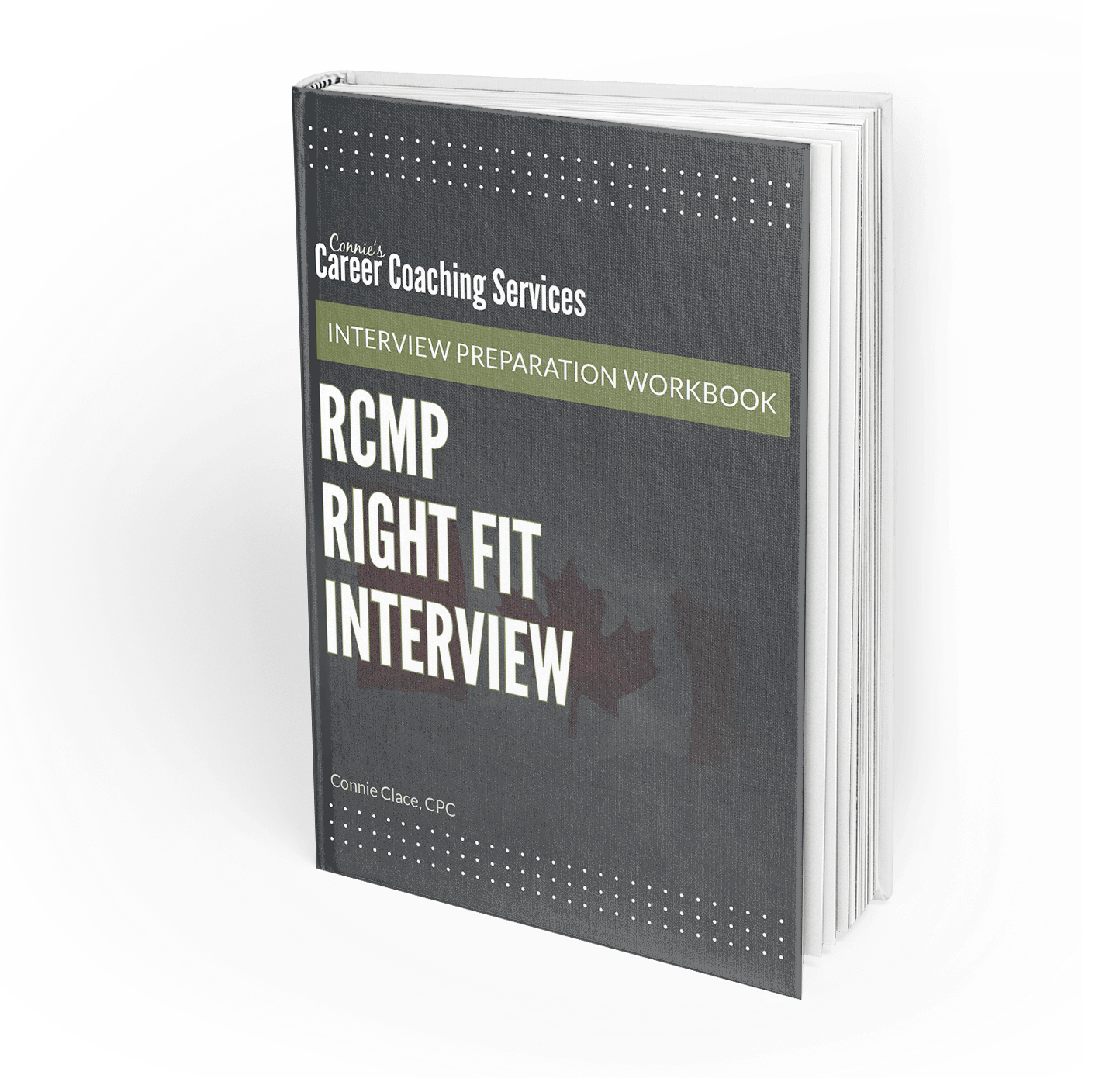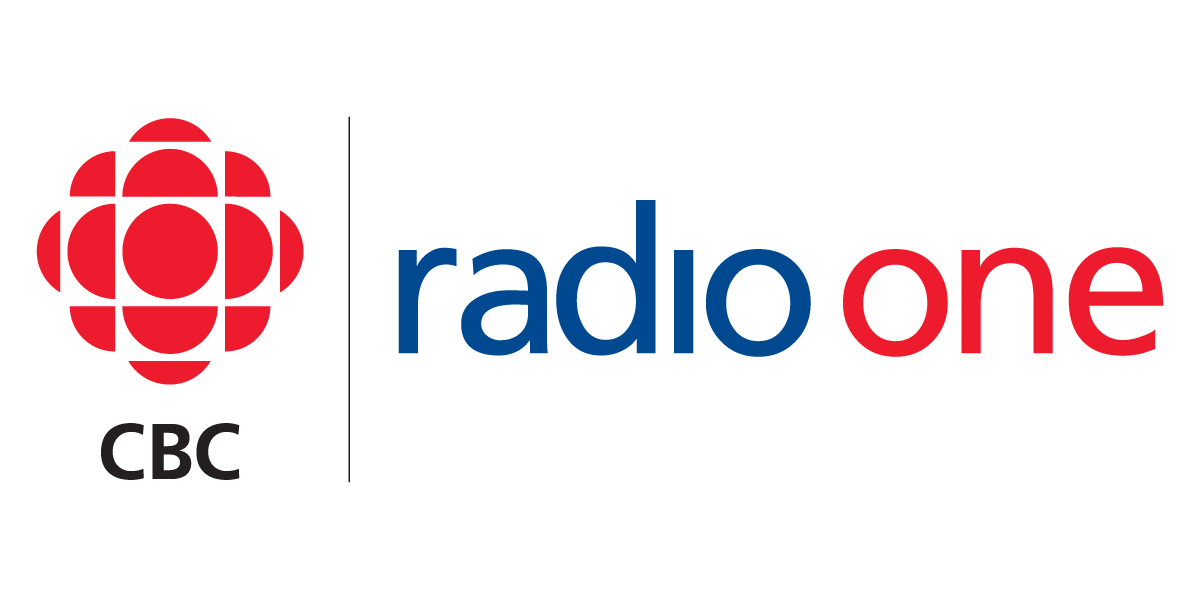You’ve had your interview, and now your prospective employer wants to conduct reference checks. How many references should you provide? Who should they be? Should they be listed on your resume or provided only when requested?
- Current Supervisors – Most hiring boards will want to contact your current supervisor. There are times, however, that you may not want to provide this information, i.e. your current employer does not know you are searching for another job. If you have a reason that you do not want to use your current supervisor as your reference, be prepared to tell the board why.
- Recent Supervisors – Often times the hiring board will want to contact two or even three supervisor references. Try and use the most recent supervisors that you have. Make sure that you ask for permission prior to providing their contact information. They will want time to prepare some of their comments, and perhaps review your file.
- Co-workers – If the hiring board asks for work references, don’t assume they are looking for co-workers. The Board might assume that this person is a friend and would not provide any objective feedback. If they do specifically ask for a co-worker, provide someone who can speak with knowledge of your work ethics and who can provide examples.
- Personal References – There are times when the Board will want to get comments from a personal reference. They may use this feedback to establish things like integrity, dependability, trustworthiness, etc. You should try and find someone who can provide concrete examples of your strengths and character traits, i.e. a teacher who has significant knowledge of you, someone with whom you have performed volunteer services, clergy, etc.
If you have different references for different purposes, or prefer to wait until you get closer in the process to provide your list, it is very acceptable not to include them on your resume. You can simply state at the end of your resume “References to be supplied upon request”. This tells the Board that you are prepared to provide them when they reach that stage in the process.
This is typically the last step in your quest for a new career. The most important thing to remember is to choose references, whether they are work or personal, who have significant knowledge of your work ethics and your personal attributes. The reference checks could be the deciding factor for the Board as to who they are going to hire.


Leave a Reply